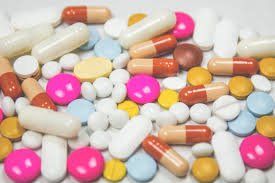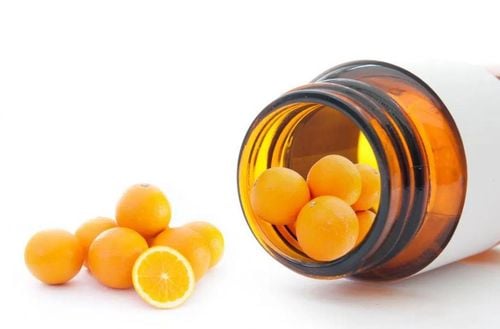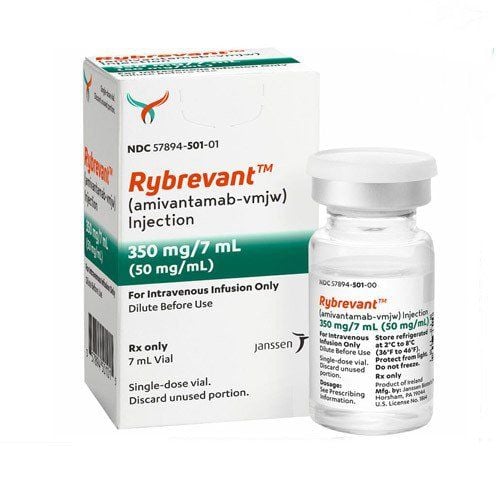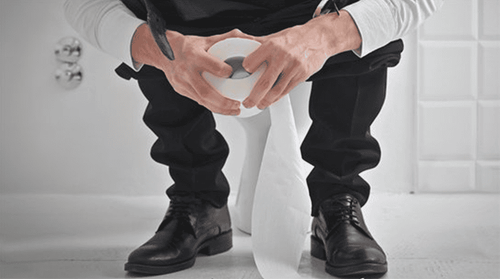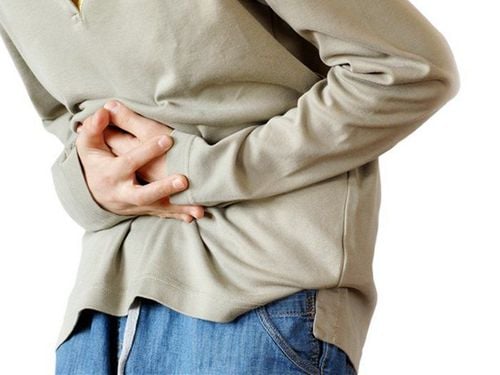This is an automatically translated article.
The number of bacteria and other microorganisms in the intestinal tract is far greater than the cells in our body. Our bodies cannot function properly without them. And these microorganisms need to be maintained at a certain level to create a balance in the gut.1. The role of intestinal balance
The bacteria and microorganisms in our gut support our immune system, help us process and absorb nutrients, and reduce our risk of many diseases, including:Obesity Heart Disease Diabetes Cancer Mental health status and mood. Many chronic diseases and immune diseases are also associated with intestinal imbalance or dysbiosis, and cause adverse effects on your health.
Therefore, one of the factors that contributes to good health is a healthy digestive system.
2. How to restore intestinal balance?
The digestive system alone contains about 100 trillion bacteria. Changing them may seem like a daunting task, but the reality is that your microbiome can quickly change.Research has shown that after eating right for two to four days, your gut microbiome can change. Follow the regimen below for 3 days for a healthy digestive system.
2.1. Day One: Saturday 2.1.1. When do you wake up? Let your body wake up naturally. Sleeping in accordance with the body's natural circadian rhythm is important for good sleep and a healthy gut.
The gut microbiome has a circadian rhythm just like ours. Our gut microbiota fluctuates in composition and abundance based on the rhythms of when we eat and sleep. If that circadian rhythm is disrupted, we have problems.
2.1.2. What to eat on the first day? You should give up the Western-style diet. A diet rich in animal protein, sugar, fat, and low in fiber, like the one that is popular in the United States, has been shown to reduce the number of bacteria in the gut, especially are beneficial Bifidobacterium and Eubacterium species.
Western diets have also been linked to an increased risk of developing diabetes, heart disease and even some cancers.
A recent review found that a diet rich in vegetables, fruits and whole grains with low amounts of red meat, low processed foods, meat and dairy increases total bacteria in the gut and supports supports beneficial bacteria like Bifidobacterium and Lactobacillus
You can drink a glass of red wine or dark chocolate. Other types of alcohol may harm gut health by reducing beneficial bacteria, but red wine has been shown to support beneficial bacteria in the gut thanks to its polyphenols. If you don't want to drink, enjoy fresh berries or dark chocolate to get the same polyphenol benefits. Polyphenols are plant compounds that have been linked to health benefits such as lowering blood pressure and cholesterol. Many types of polyphenols are not absorbed by the body but are instead digested by bacteria in the gut.
2.1.3. What to do on day one? Try to stop smoking, if you are a smoker. A small study done in 2013 found that when people stopped smoking, they had more diverse microorganisms in their gut. To be on the safe side, stop using e-cigarettes.
Jog or workout 30 minutes. Add gut health to your list of reasons why you should exercise. Although the link between exercise and gut health is still unclear, many researchers believe that exercise reduces stress hormones, which affect the microorganisms in your gut.
One small study found that exercise alters gut bacteria in humans and increases microbial diversity. A 2018 study found that exercise increases bacteria that help reduce inflammation, fight insulin resistance, and support a healthy metabolism. Once the participants stopped exercising regularly, their microbiomes returned to their original state.
2.1.4. Should go to bed at 11 p.m. Lack of sleep has been found to alter the bacteria in your gut. Go to bed early, at least 30 minutes before you go to bed on weekdays for quality sleep.
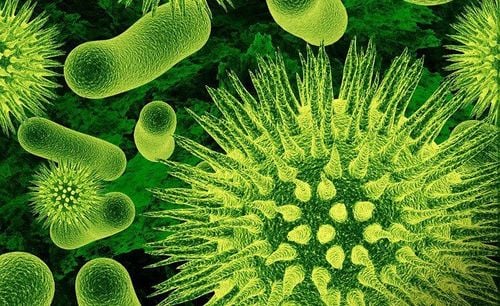
Lợi khuẩn giúp hệ tiêu hóa khỏe mạnh đảm bảo sự cân bằng đường ruột
2.2.2. What to eat on the second day? Add fiber-rich foods to each of your meals. Fiber is key to a healthy gut, especially indigestible fiber. Indigestible fiber, aka prebiotics, strengthens the bacteria you already have instead of adding new bacteria, like probiotics. Feed the bacteria in your gut with:
Raspberries Green Beans Broccoli Lentils Grains These will help support beneficial bacteria like Bifidobacteria.
Reduce sugar. Your gut microbiome loves sugar just as much as you do, but the results aren't great. Simple sugars provide food for bacteria and can lead to overgrowth of less beneficial or harmful bacteria and reduce diversity.
Check the ingredient list in breads, sauces, and condiments and keep your daily sugar intake below the recommended limit of 37.5 grams (g) for men and 25g for women.
You should use fermented foods that contain live beneficial bacteria. Some examples include:
Kombucha Kefir Miso Pickles Kimchi These probiotic foods can help improve gut health and digestion by supporting and introducing beneficial bacteria. When choosing fermented foods, be sure to choose low-sugar varieties like unsweetened yogurt.
2.2.3. What to do on the second day? Children are less and less exposed to the environment as a whole. We are not exposed to enough bacteria in childhood, so we don't help our immune system properly. Therefore, you need to expose your body to the environment more.
Play with pets. Studies have found that exposure to pets as infants and children can help:
Reduce the risk of developing allergies. Supports a healthier immune system. Stimulates a diverse microbiome. But that doesn't mean adults don't benefit from it either.
Gardening, playing outside or lounging on the lawn are fun ideas. Exposure to the natural microorganisms around us can help replenish the microbiome and encourage their diversity in our bodies.
2.2.4. Go to bed at 11 p.m. You need to maintain an early bedtime so that you wake up refreshed tomorrow and in sync with your circadian rhythm.

Thực phẩm lên men chứa vi khuẩn có lợi góp phần đảm bảo sự cân bằng đường ruột
2.3.2. What to Eat on Day 3 Try a Meat-Free Monday. Diets high in fruits and vegetables and low in meat have been linked to a more diverse gut microbiome and more good bacteria like Prevotella. A high-meat diet may increase the abundance and activity of microorganisms that have been implicated in inflammatory bowel disease.
Studies have shown that artificial sweeteners such as sucralose, saccharin and aspartame can change the balance of bacteria and reduce the number of beneficial bacteria in the gut. These microbial changes are thought to be the reason why artificial sweeteners make the body more glucose intolerant than natural sugars.
You should drink two more glasses of water. The right amount of hydration is key to keeping food moving through your intestines properly, and this movement is important for a healthy gut.
2.3.3. What to do on day 3? Throw away antibacterial toothpaste, floss, and mouthwash. Antibacterial chemicals can cause drug-resistant bacteria and harm the good bacteria in your mouth.
A small study has shown that changes in the bacteria in your mouth can affect how well you absorb nutrients like nitrites.
Chronic stress is especially dangerous because it can increase intestinal permeability and allow the gut microbiota to go where they shouldn't and cause inflammation.
2.3.4. Go to bed at 11 p.m. Maintain a routine of going to bed early to wake up tomorrow. Even partial sleep deprivation can change your microbiome, and recent findings suggest that these changes reduce your cognitive abilities.

Thói quen đi ngủ sớm cũng là cách đảm bảo sự cân bằng đường ruột
Eating a variety of foods leads to a happier gut and a more diverse microbiome. Skip harsh cleaners like bleach and use natural cleaners instead. Use antibiotics only when absolutely necessary. Exercise regularly. While your gut microbiome can change rapidly with what you eat, there is no quick fix or overnight miracle drug that can make your gut healthy. Instead, it's about sticking to small changes over a long period of time.
Our microbiome is a mirror of your lifestyle. You need to lead a healthy lifestyle in the long run if you want a healthy gut balance and digestive system.
Please dial HOTLINE for more information or register for an appointment HERE. Download MyVinmec app to make appointments faster and to manage your bookings easily.
Reference source: healthline.com



